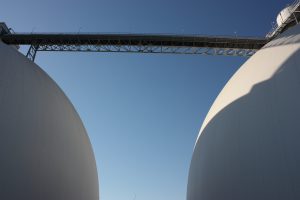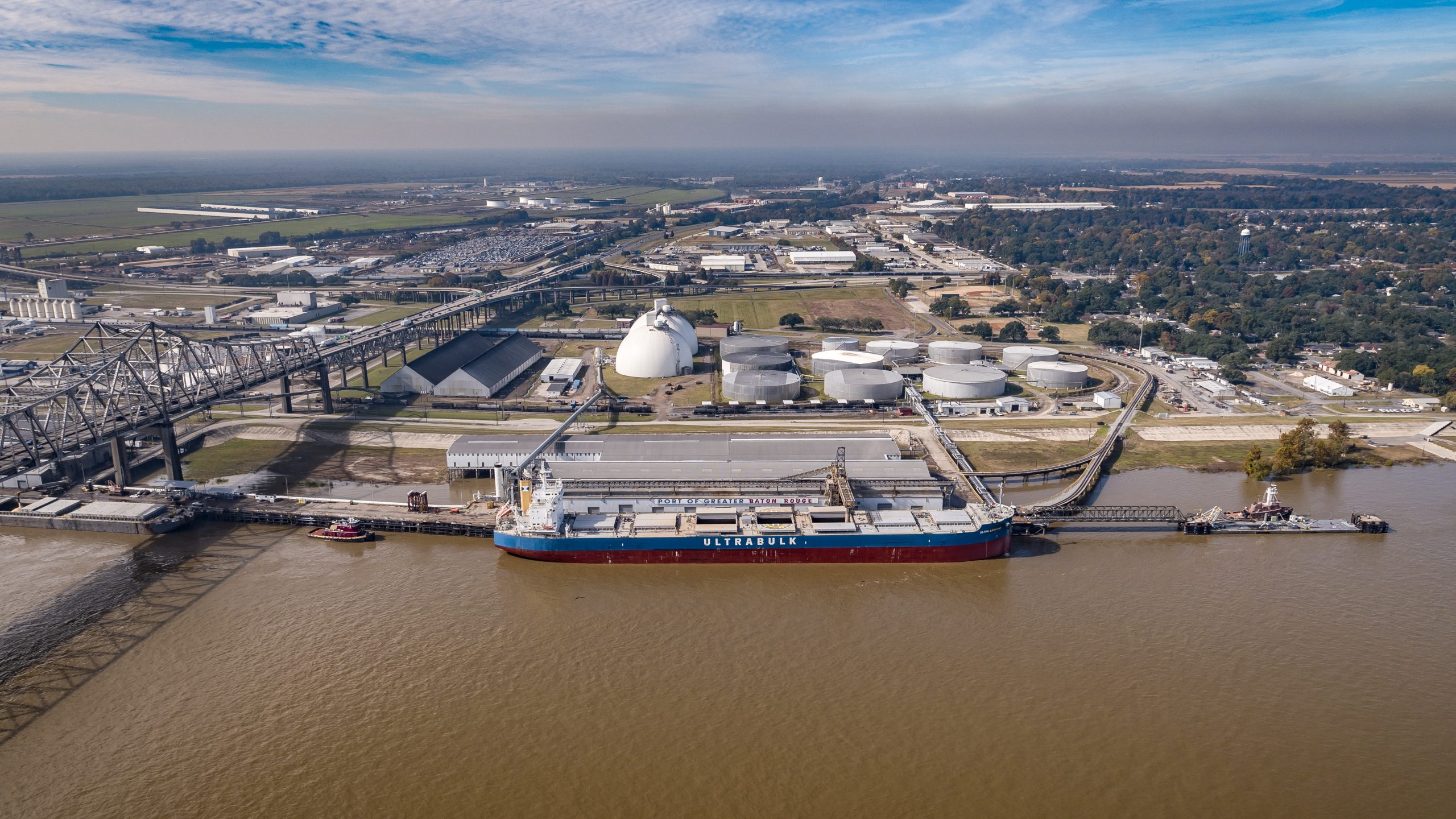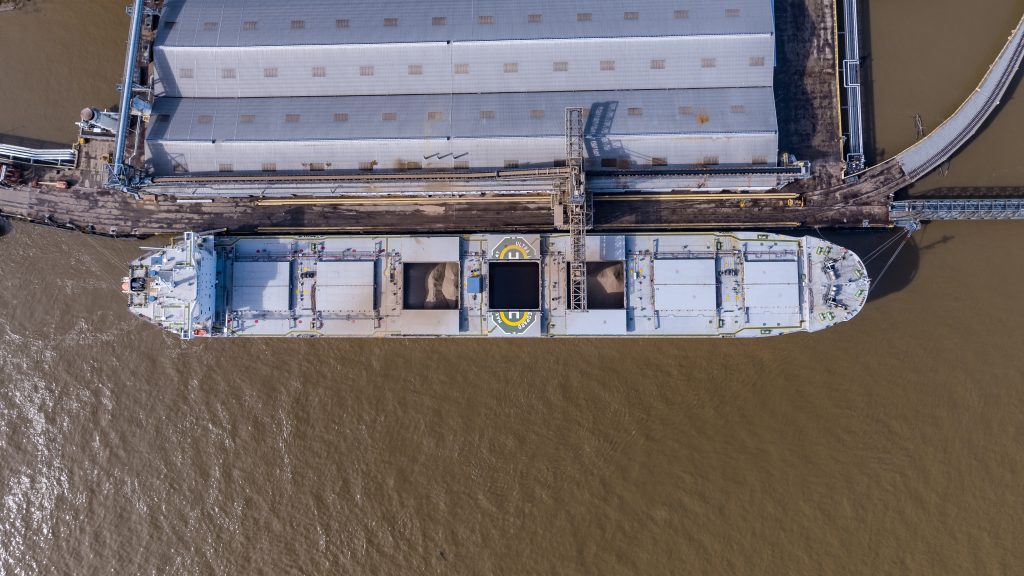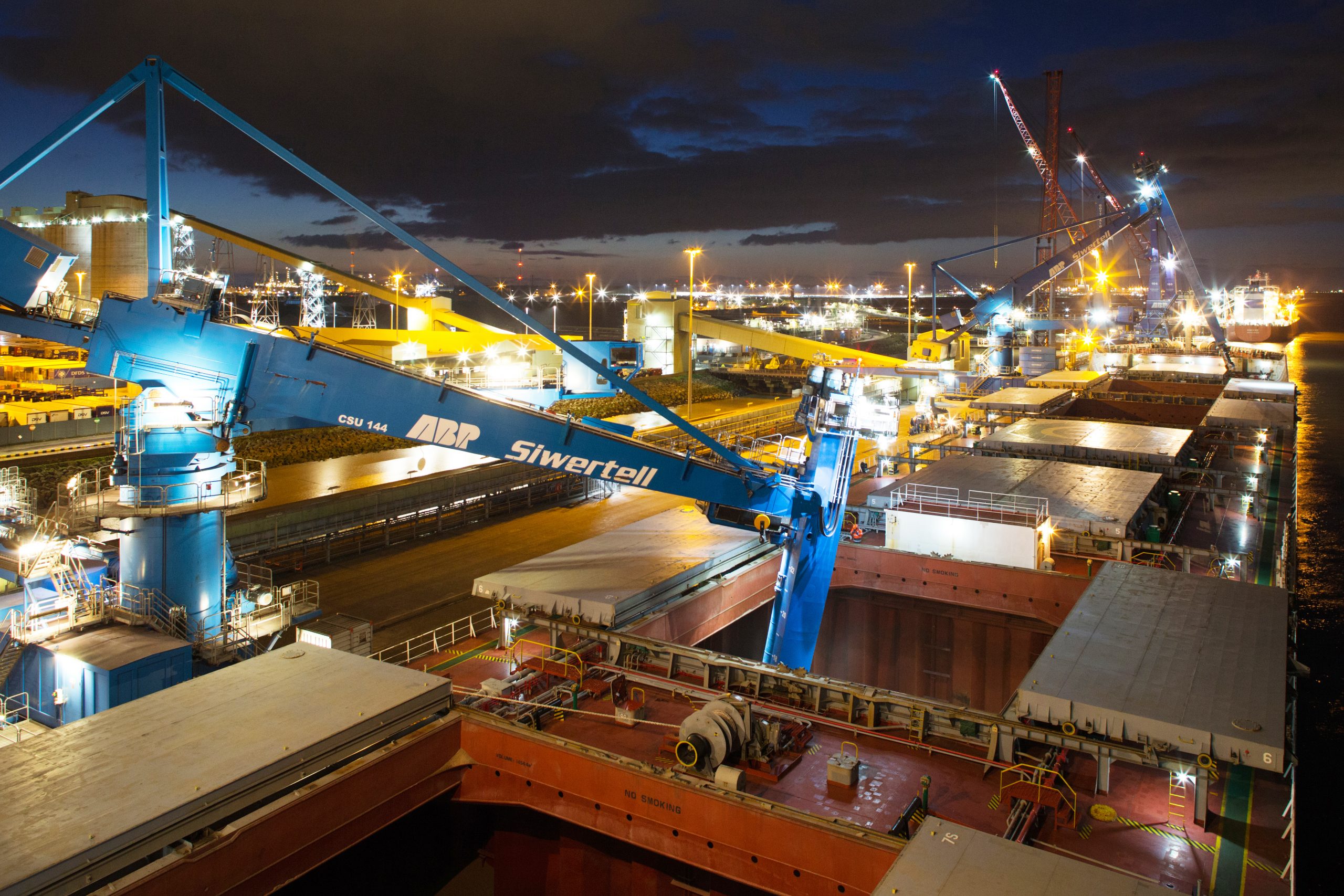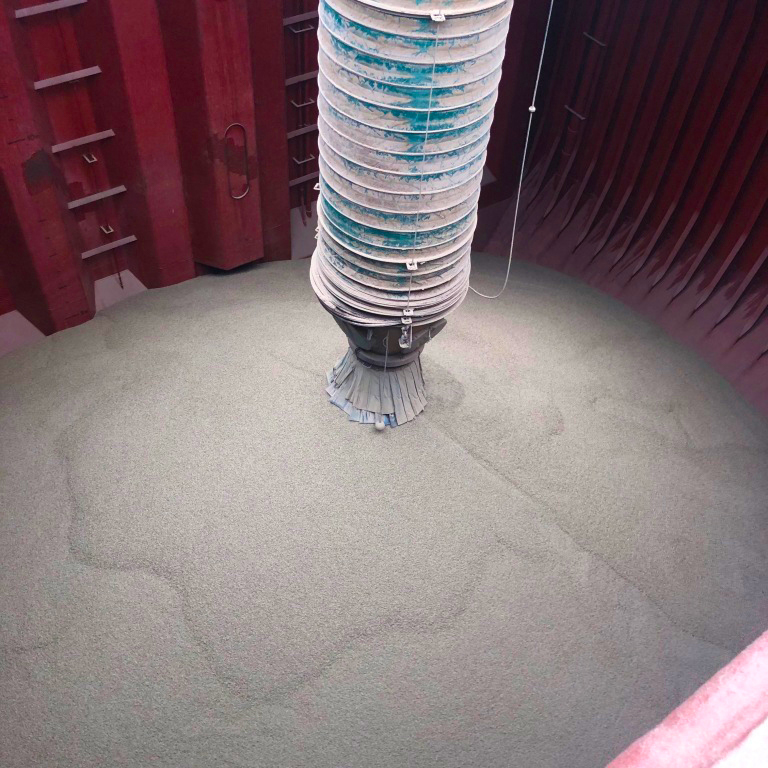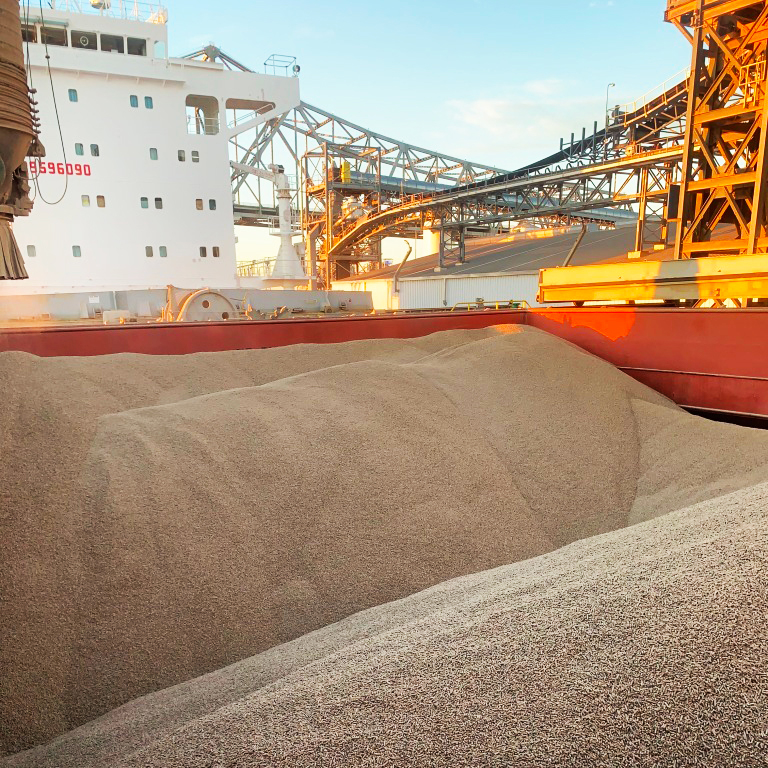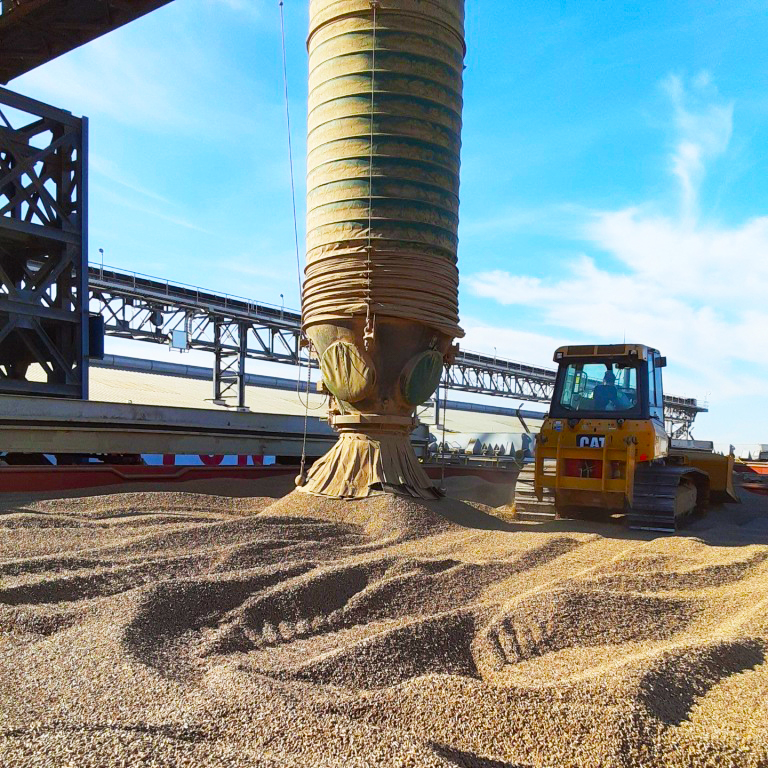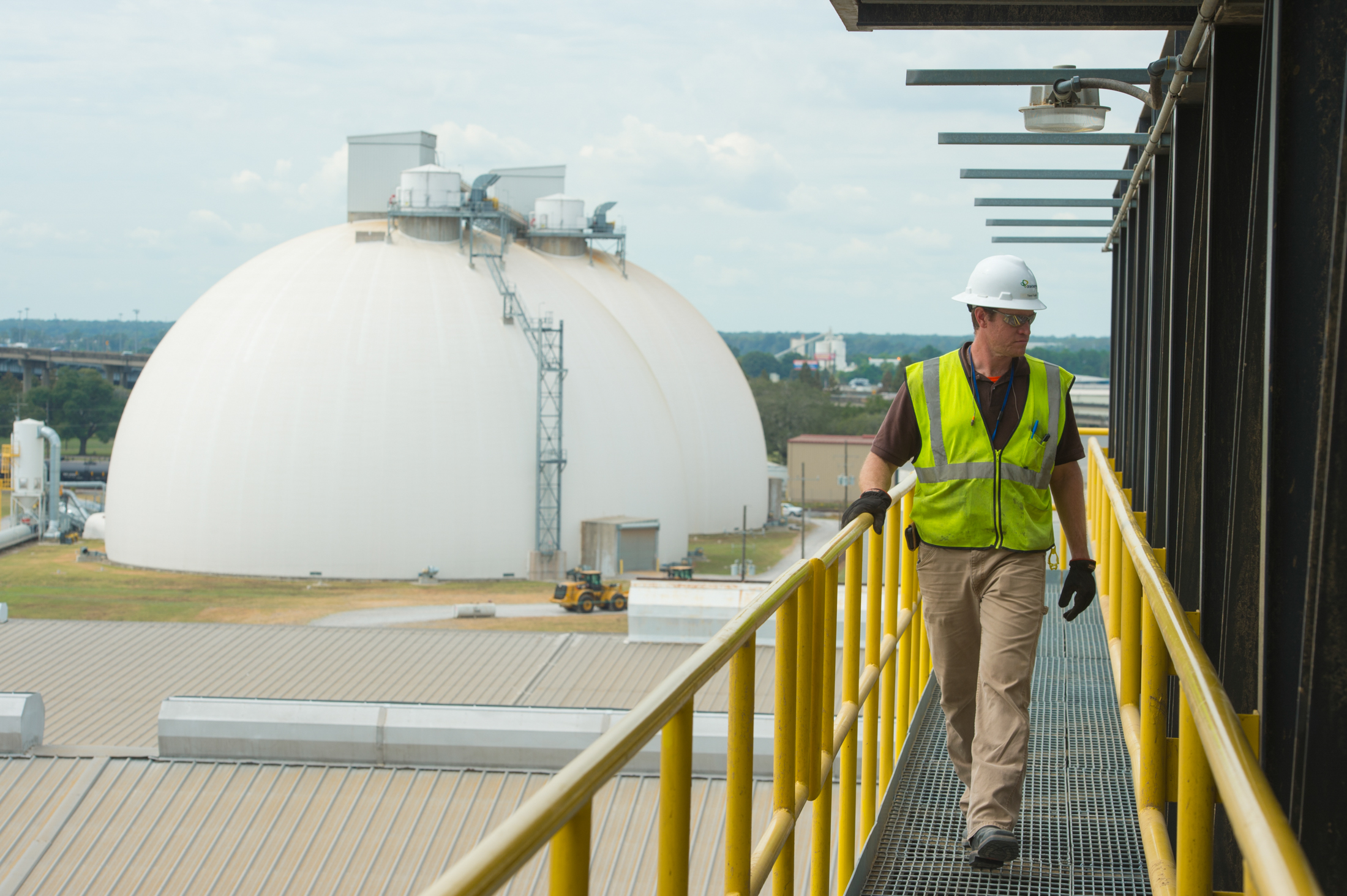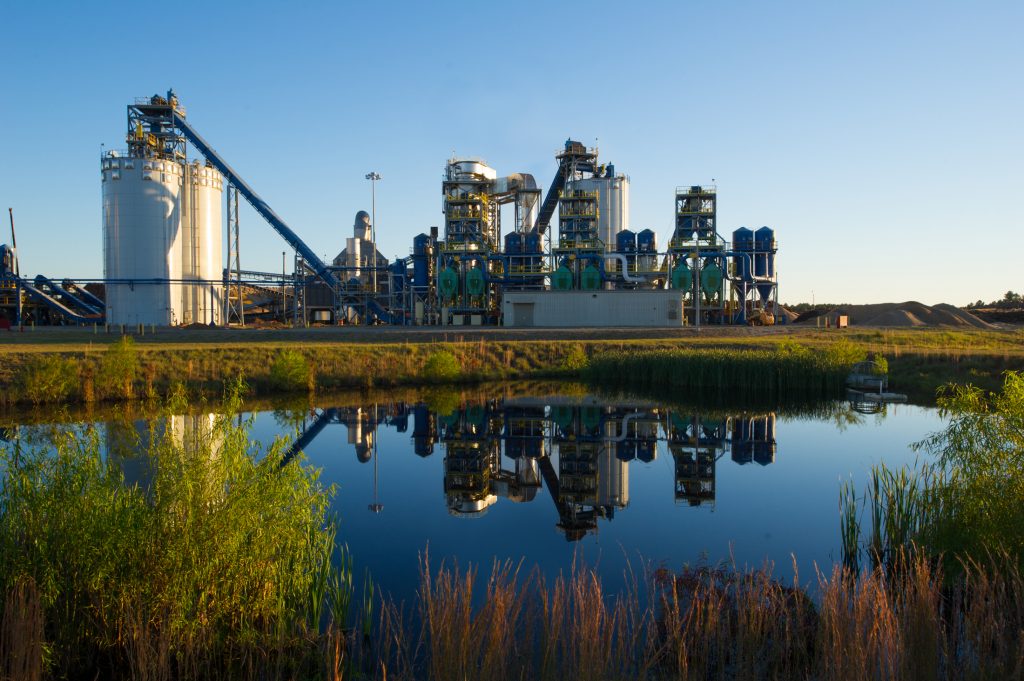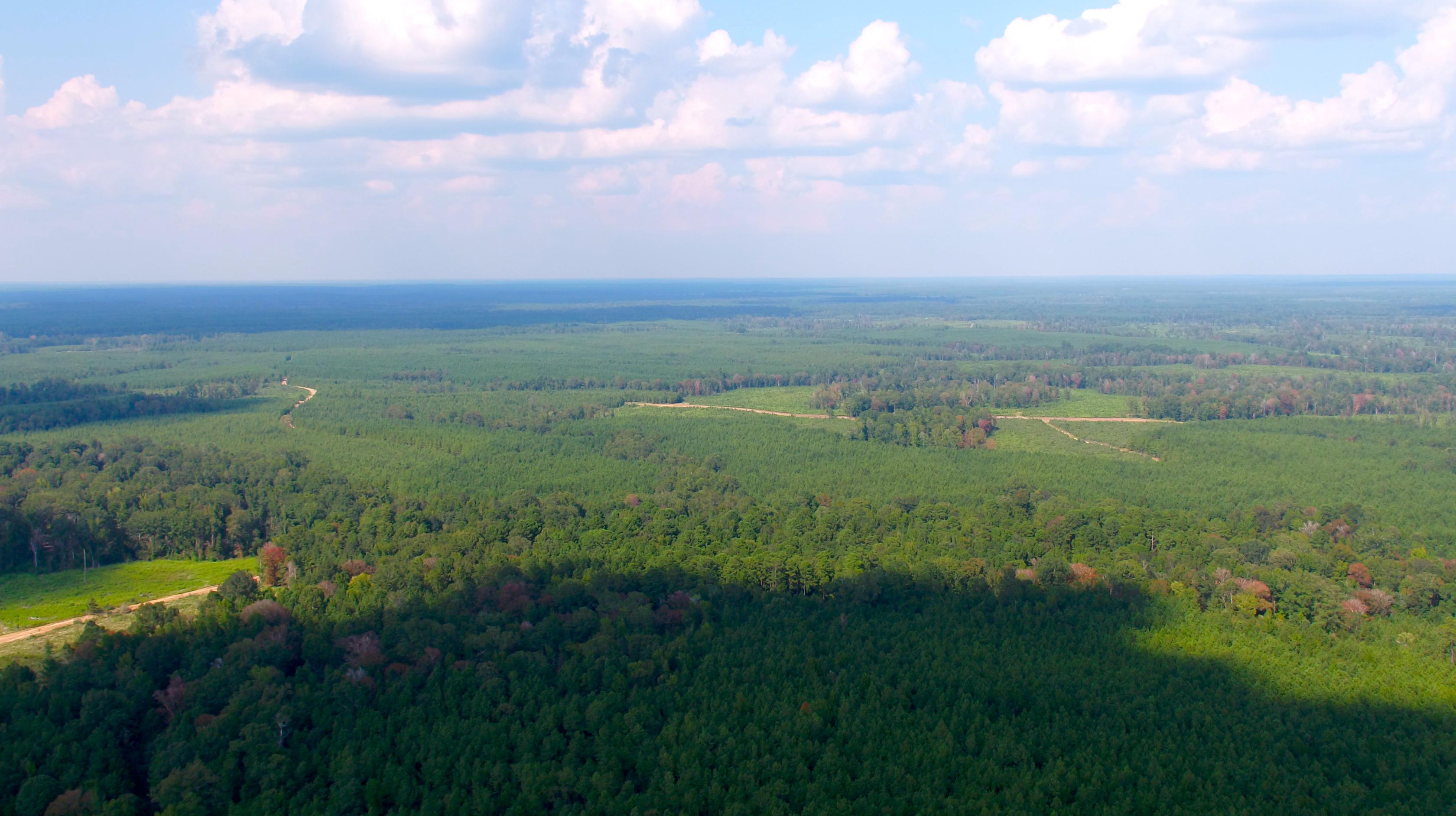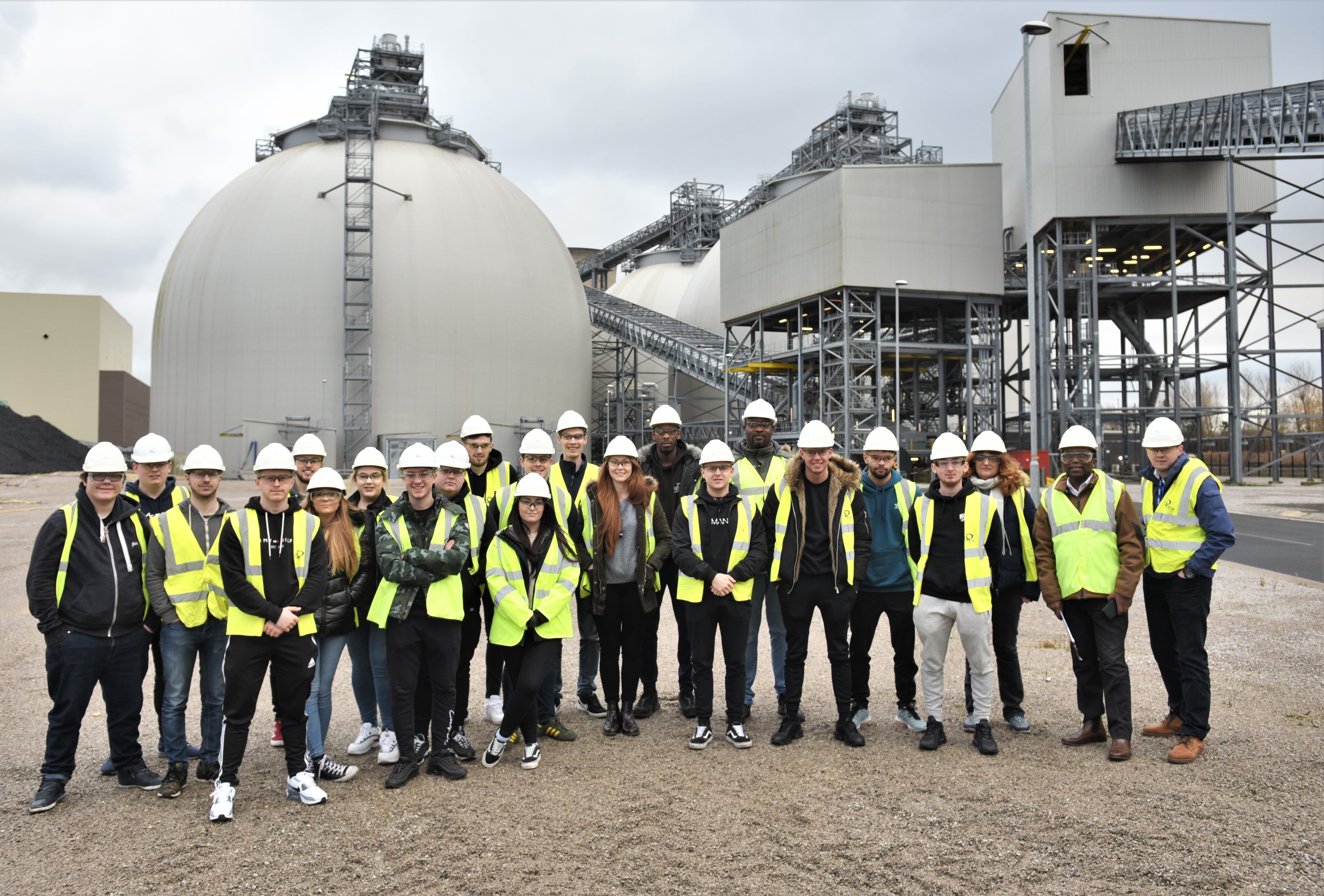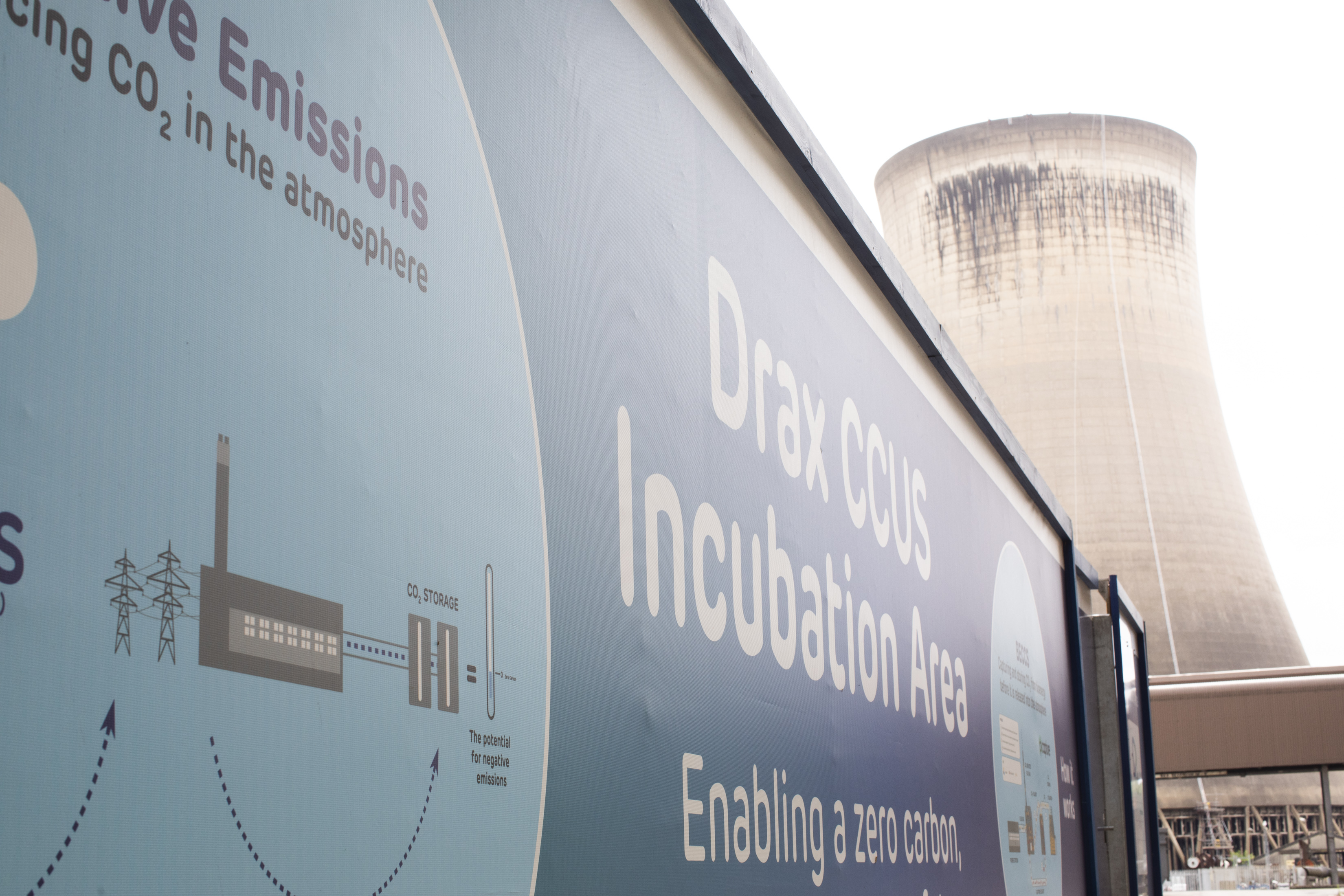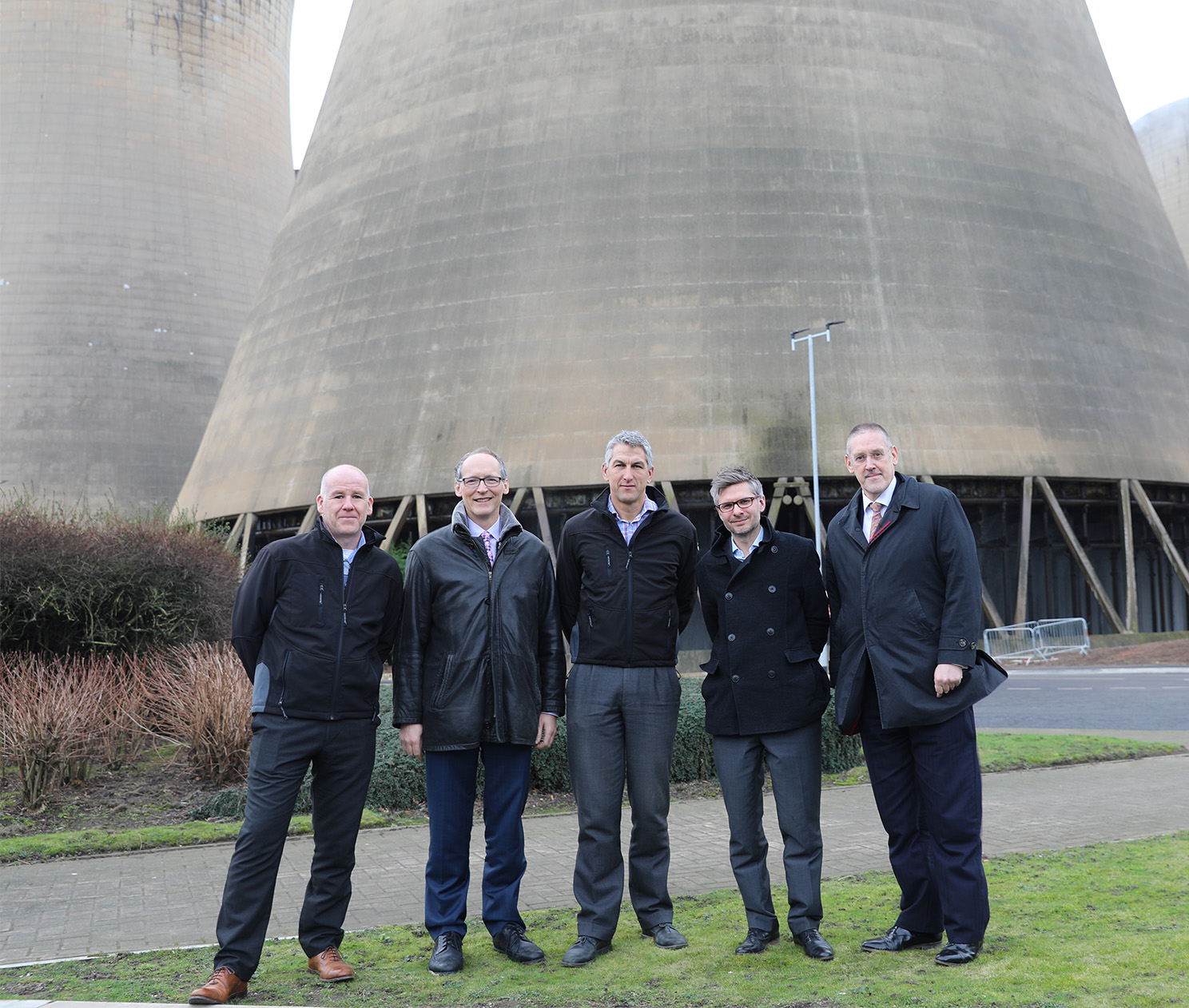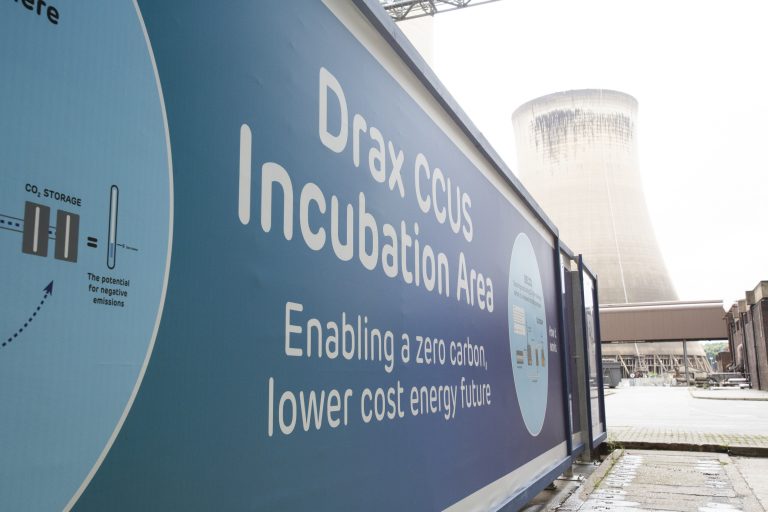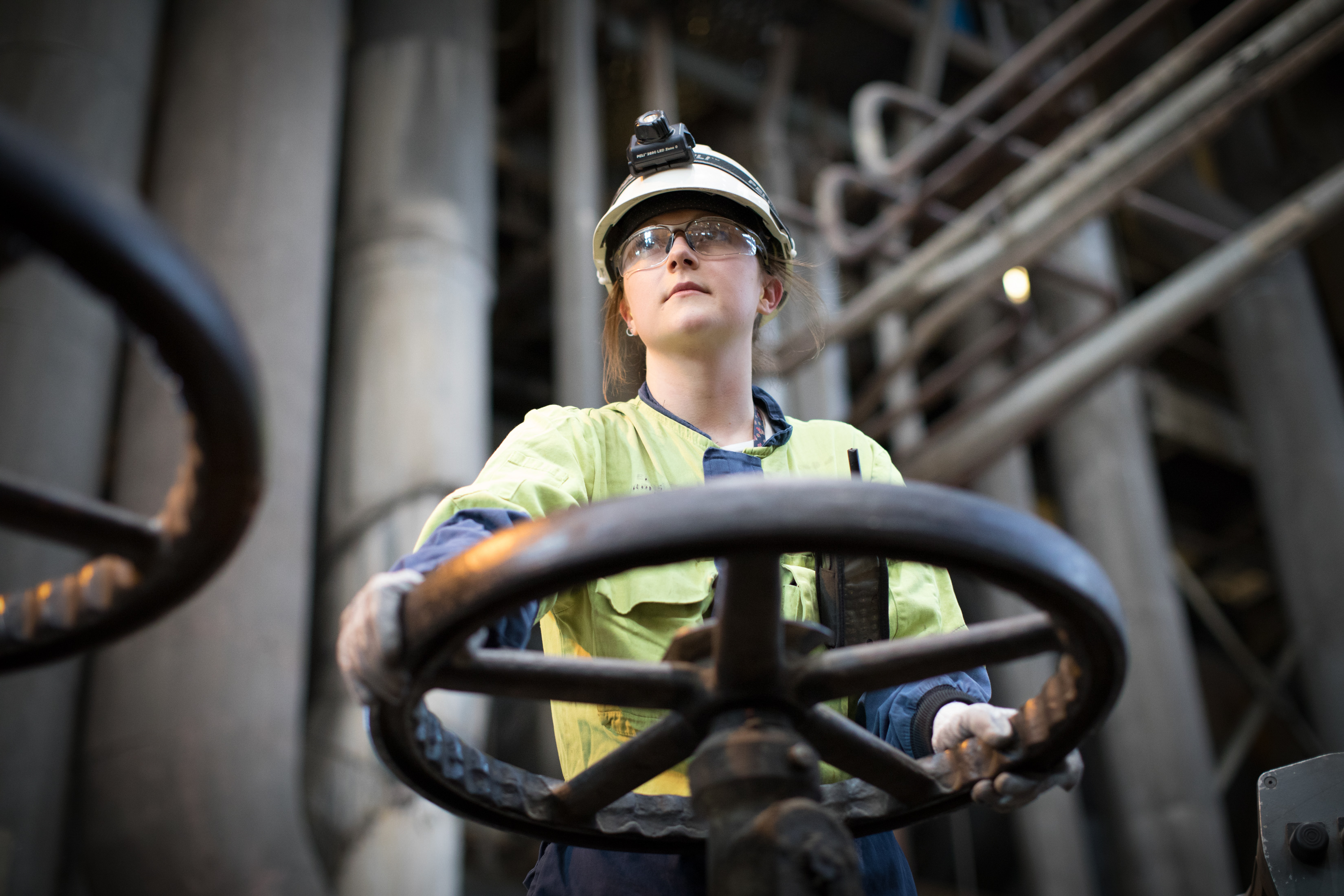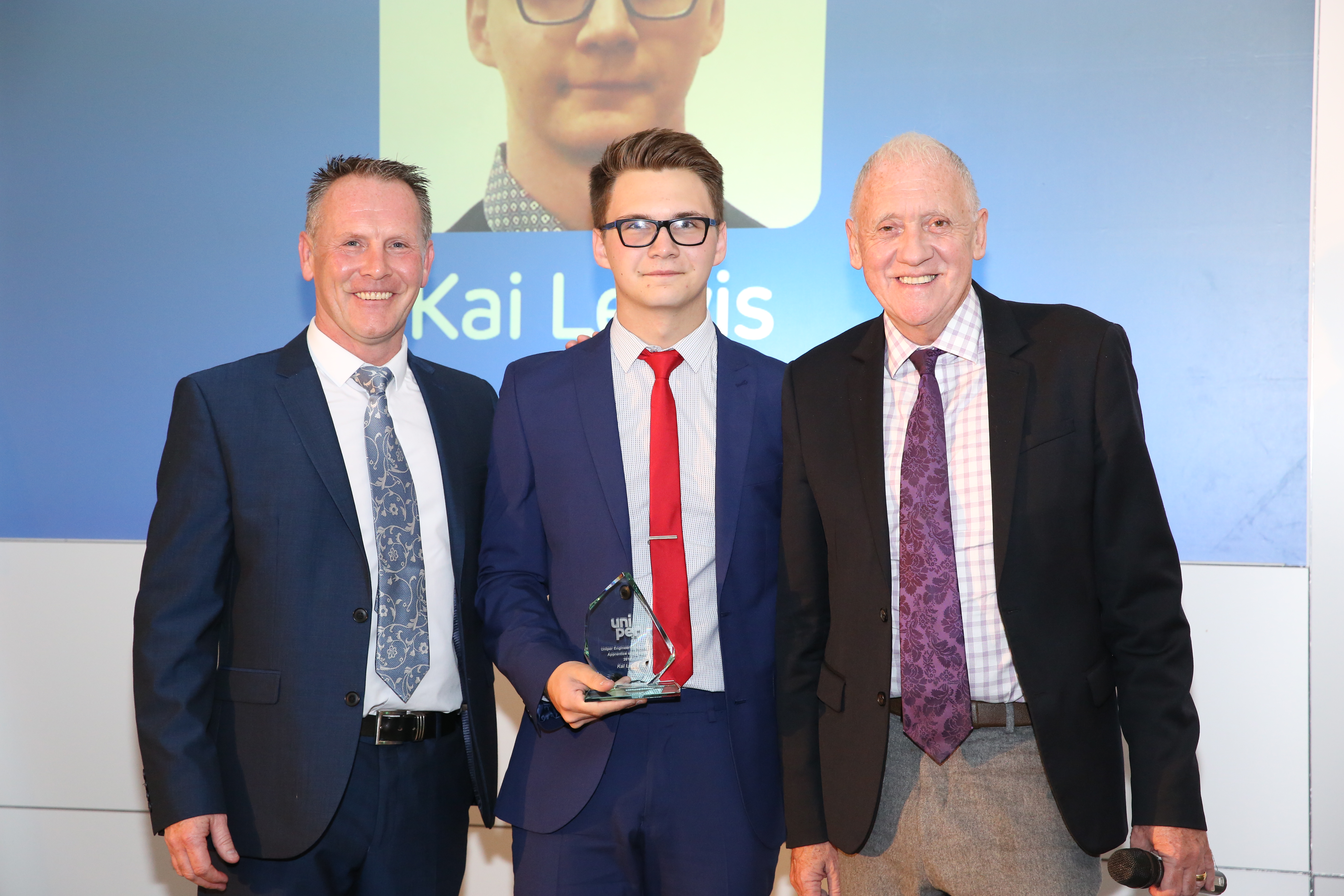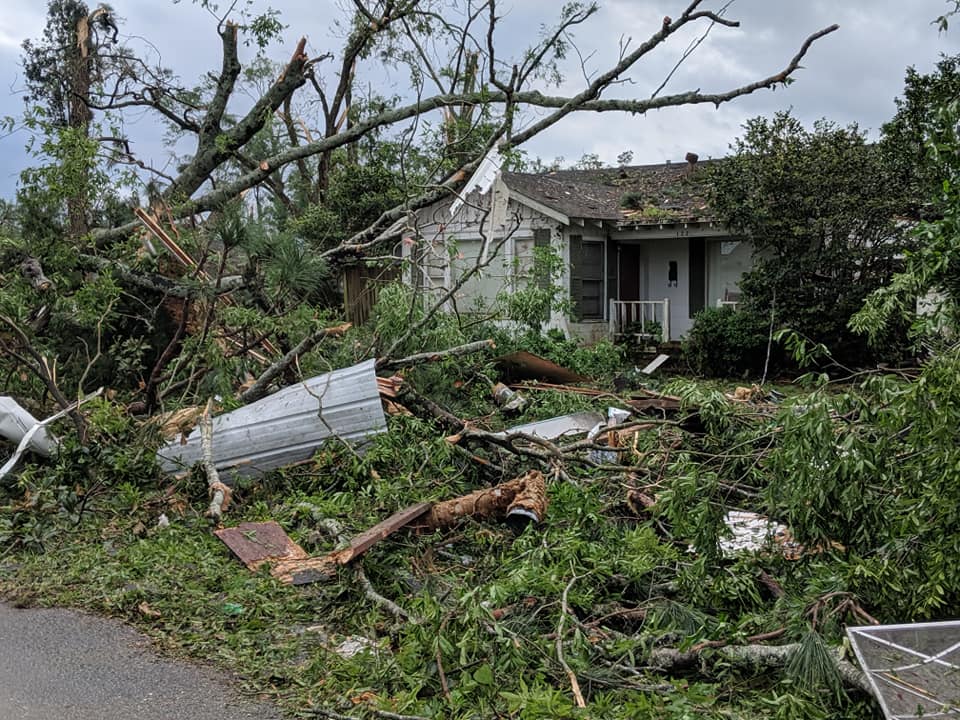
The funds donated include $20,000 from Drax Biomass to Covid-related relief efforts in Ouachita, Morehouse and LaSalle Parishes in Louisiana and Amite County in Mississippi as well as $10,000 to help communities hit by the tornadoes in the Monroe and West Monroe area.
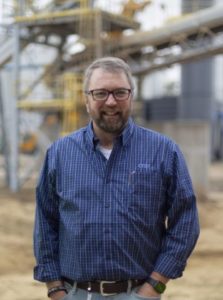
Matt White, SVP Drax Biomass.
Matt White, Drax Biomass Senior Vice President, said:
“The tornadoes experienced by communities across the region in recent days have been devastating and they come at a difficult time as we are all dealing with the impact of the coronavirus pandemic.
“It’s important to support the people and businesses in the areas where we operate and that’s why we’re donating $30,000 to help local relief efforts. Our thoughts are with all of those affected by these events.”
Headquartered in Monroe, LA, with operations in the Southeastern U.S., Drax Biomass is committed to supporting the communities in which it operates by promoting sustainable forestry and investing in local economic development. It is part of Drax Group.
Drax Biomass produces sustainable compressed wood pellets, which are shipped to Drax Power Station in England and used to generate renewable electricity for millions of UK homes and businesses.
Around two thirds of the sustainable biomass Drax uses each year comes from the US, where Drax owns and operates three pellet plants producing compressed wood pellets sourced from sustainably managed working forests in Louisiana, Arkansas and Mississippi.
The plants also deliver economic growth and jobs in the US south.
“We’ve worked hard to keep our pellet plants operating, while keeping people safe,” White said. “The safety and wellbeing of our employees is paramount, and we have processes in place to ensure people are working safely. We are also in contact with our partners throughout our supply chains to ensure they are doing the same.”
Editor’s notes:
- Drax Biomass is directing $20,000 this month to community Covid-19 relief efforts to Louisiana parishes Ouachita, Morehouse and LaSalle and Amite County in Mississippi.
- Focus areas include Food Banks, United Way, Salvation Army, Rays of Sonshine, The Wellspring, Ouachita Council on Aging, West Ouachita Senior Center, Ronald McDonald House, The Children’s Coalition, Liberty Community Living Center, Wilkinson County Nursing Center, Field Health System, St. Francis Medical Center, Hardtner Medical Center, Morehouse General Hospital, Care and Hope Ministry and the Morehouse United Fund.
- Drax is also donating $10,000 to tornado relief efforts in the Monroe/West Monroe area.
- The UK government has identified biomass and related infrastructure, logistics and workers as being critical, as have the US federal government and most state and local authorities. This includes the infrastructure and logistics related to the transportation of biomass to the power station, such as ports and rail.
- The pellets are sent by rail and truck from the plants in Louisiana and Mississippi to Drax’s Baton Rouge export facility before being loaded onto ships for their transatlantic journey.
- In April, Drax received and unloaded its 100th shipment of sustainable biomass from Baton Rouge.
- Sustainable biomass is an important part of the UK’s long-term energy mix. Using sustainable biomass instead of coal at Drax Power Station has already delivered carbon savings of more than 80% and made Drax Europe’s largest decarbonization project.
Top image caption: A house in West Monroe damaged by tornadoes over the Easter weekend. Credit: Facebook.
Media Contact:
Annmarie Sartor
Communications officer
T: 318-801-0046
E: [email protected]
About Drax
Drax Group’s purpose is to enable a zero carbon, lower cost energy future and in 2019 announced a world-leading ambition to be carbon negative by 2030. Its 2,900-strong employees operate across three principal areas of activity – electricity generation, electricity sales to business customers and compressed wood pellet production.
Pellet production:
Drax owns and operates three pellet mills in the US South which manufacture compressed wood pellets (biomass) produced from sustainably managed working forests. These pellet mills supply around 20% of the biomass used by Drax Power Station in North Yorkshire to generate flexible, renewable power for the UK’s homes and businesses.
Power generation:
Drax owns and operates a portfolio of flexible, low carbon and renewable electricity generation assets across Britain. The assets include the UK’s largest power station, based at Selby, North Yorkshire, which supplies five percent of the country’s electricity needs.
Having converted two thirds of Drax Power Station to use sustainable biomass instead of coal it has become the UK’s biggest renewable power generator and the largest decarbonisation project in Europe.
Its pumped storage, hydro and energy from waste assets in Scotland include Cruachan Power Station – a flexible pumped storage facility within the hollowed-out mountain Ben Cruachan. It also owns and operates four gas power stations in England.
Customers:
Drax owns two B2B energy supply businesses:
- Haven Power, based in Ipswich, supplies electricity and energy services to large Industrial and Commercial sector businesses.
- Opus Energy, based in Oxford, Northampton and Cardiff, provides electricity, energy services and gas to small and medium sized (SME) businesses.
For more information visit www.drax.com




